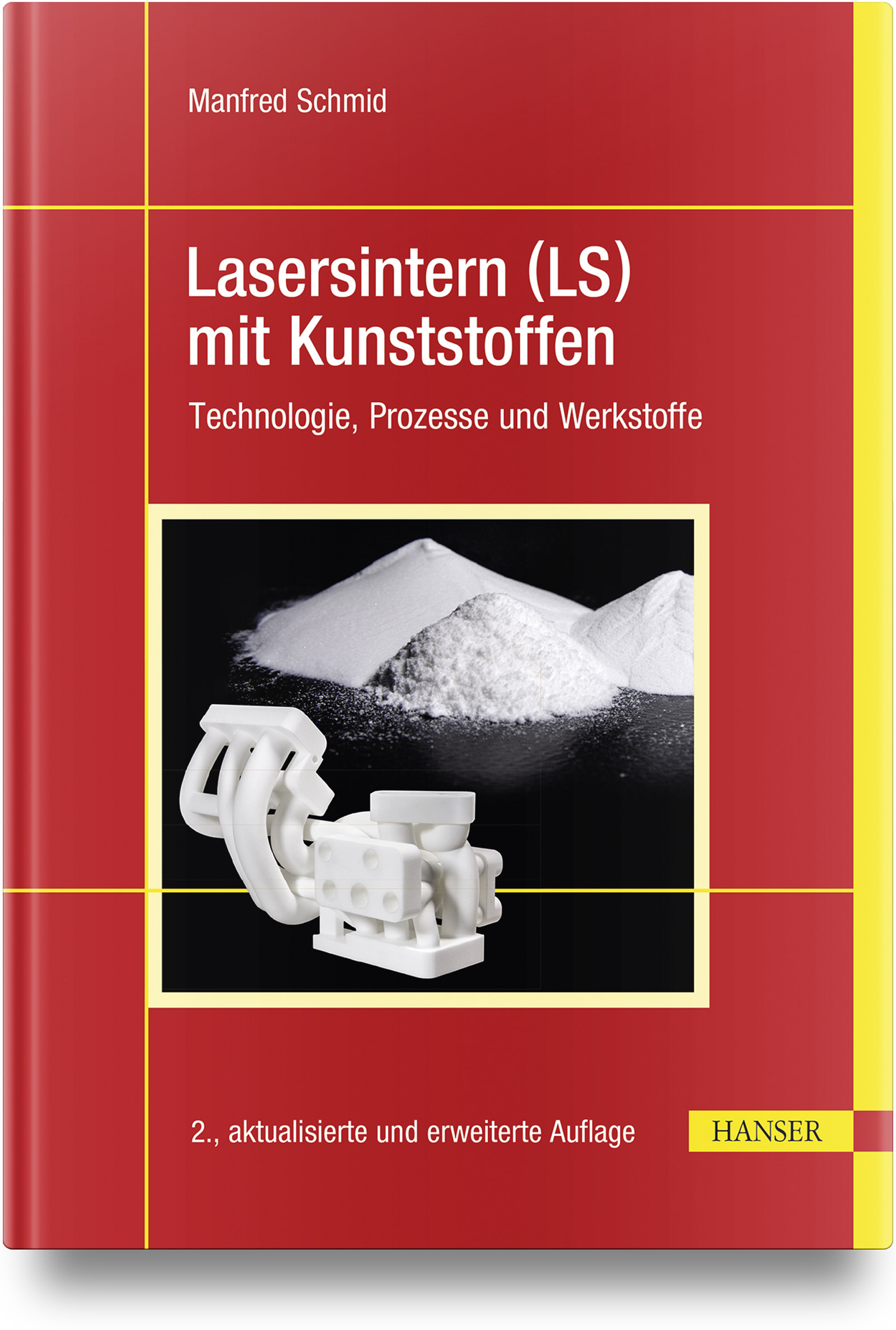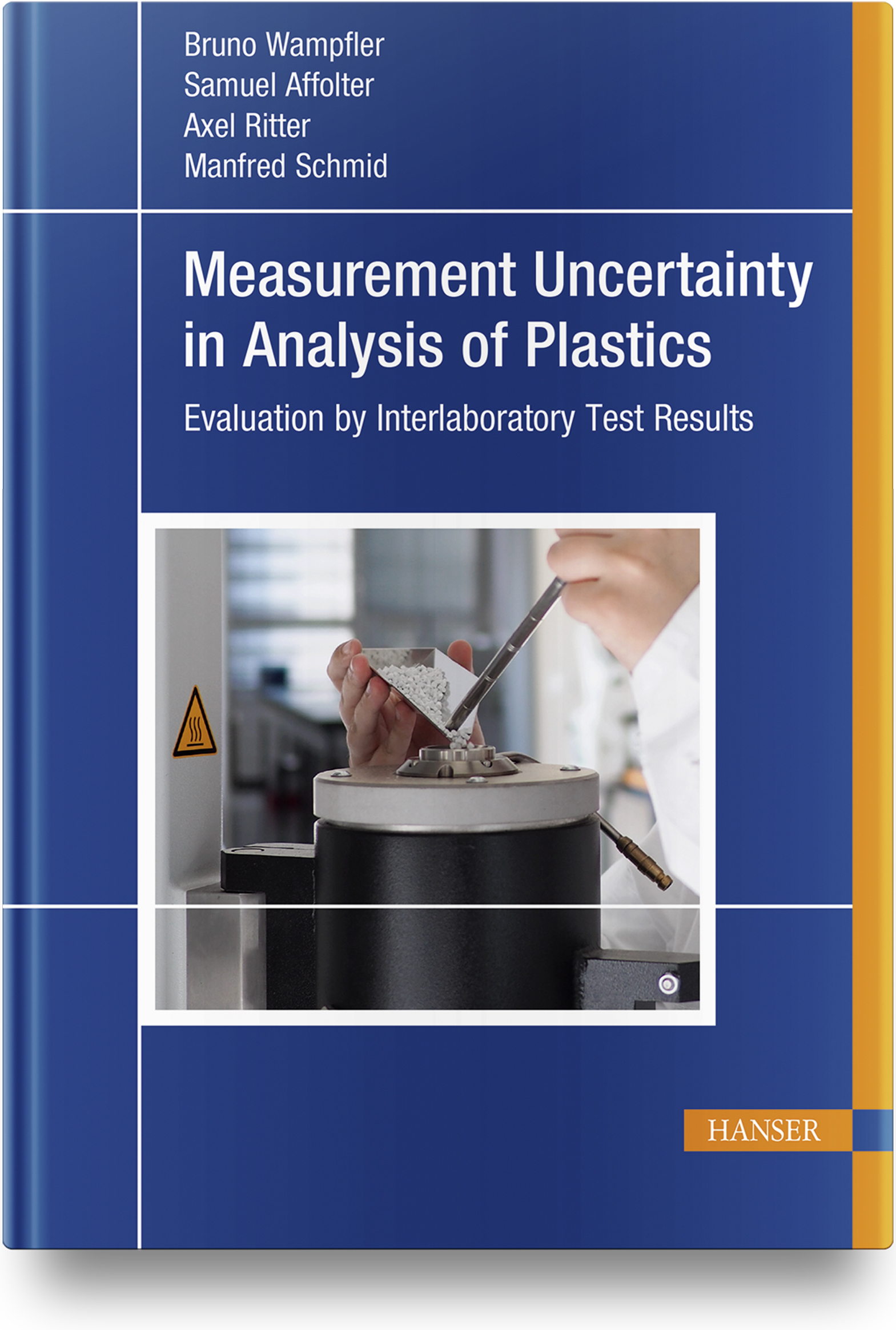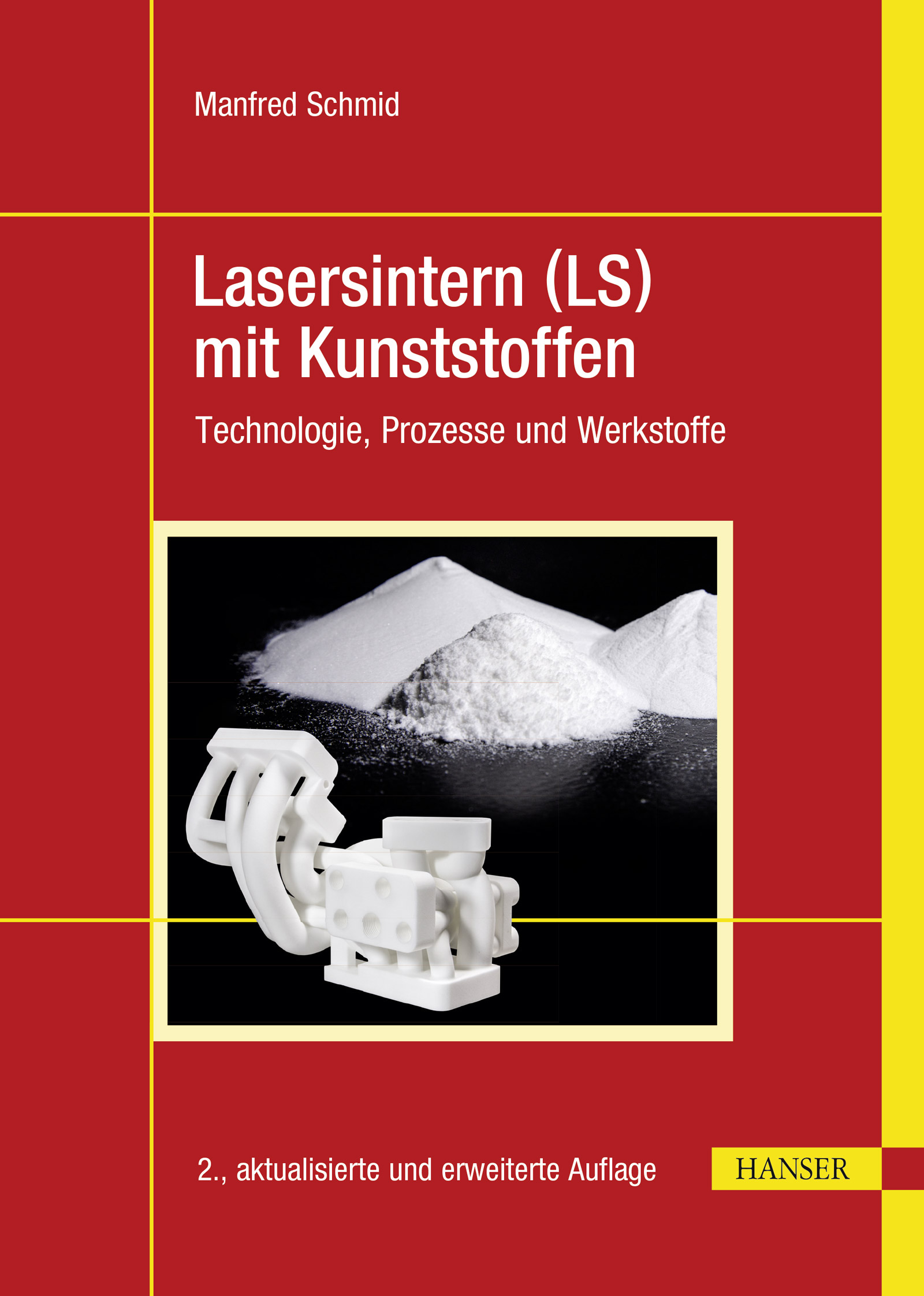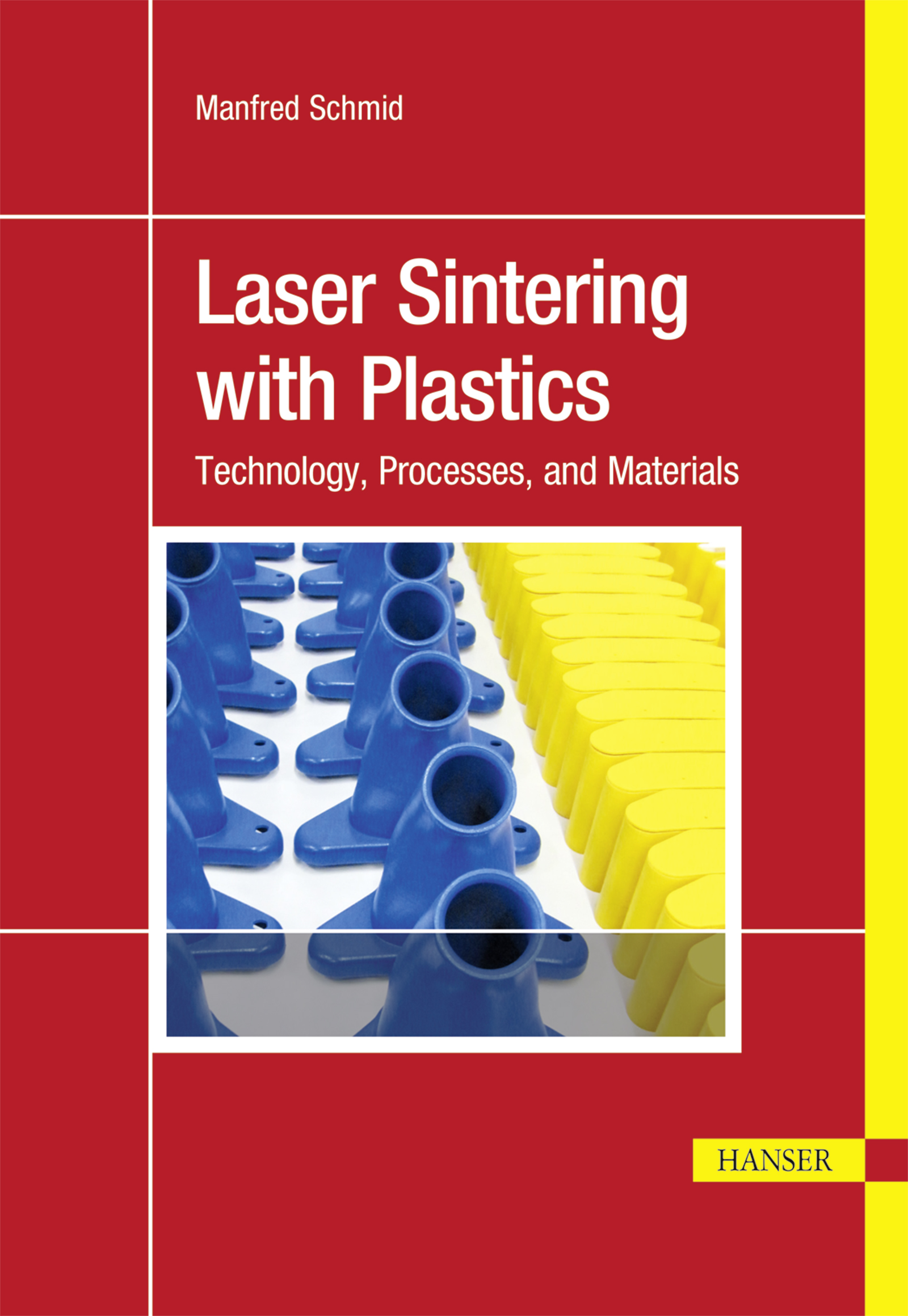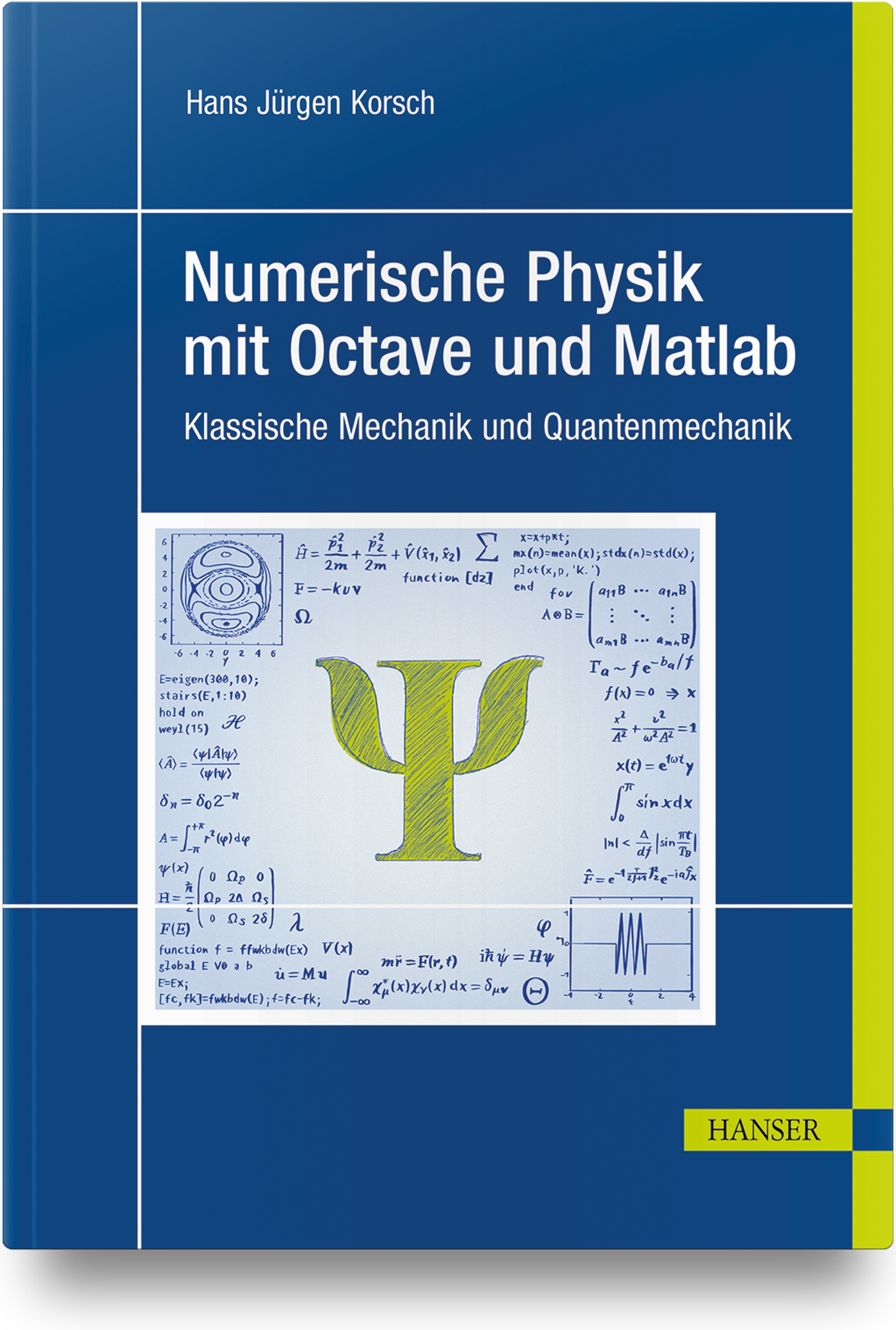- Grundlagen
- Maschinenbau allgemein
- Technische Mechanik
- Technische Thermodynamik
- Technische Optik
- Werkstoffe
- Management
- Konstruktion
- Konstruktion allgemein
- CATIA
- NX
- Pro/Engineer & Creo Parametric
- SolidWorks
- Inventor
- Weitere Systeme
- Sie sind hier:
- Fachbuch
- Kunststofftechnik
- Konstruieren mit Kunststoffen
- Produktentwicklung
Laser Sintering with Plastics
Technology, Processes, and Materials
- ISBN: 978-1-56990-929-4
- Buchangaben: 2. Auflage, 04/2024
260 Seiten, PDF
In laser sintering (LS), individual component layers are fused with the aid of suitable laser radiation. In recent years, LS components have gained widespread use in industrial applications, so that today one can already speak of an established technology. Nevertheless, there are still many hurdles for LS to overcome in the future in order to free itself from the status of a niche technology. Material diversity and industry-compliant, quality-assurance measures are among the challenges to be mentioned here.
To this end, the second edition of this book sheds light on the current state of the art in terms of machine technology and process flow, and specifically on the requirements for the materials used. In addition, the following topics are presented:
- Implementation of LS in industrial process chains
- Status of international standardization
- Innovations in the field of LS materials
- Properties of LS components
- Selected application examples
The second edition has been updated throughout; in particular, the material and machine specifications have been extensively revised.
In laser sintering (LS), individual component layers are fused with the aid of suitable laser radiation. In recent years, LS components have gained widespread use in industrial applications, so that today one can already speak of an established technology. Nevertheless, there are still many hurdles for LS to overcome in the future in order to free itself from the status of a niche technology. Material diversity and industry-compliant, quality-assurance measures are among the challenges to be mentioned here.
To this end, the second edition of this book sheds light on the current state of the art in terms of machine technology and process flow, and specifically on the requirements for the materials used. In addition, the following topics are presented:
- Implementation of LS in industrial process chains
- Status of international standardization
- Innovations in the field of LS materials
- Properties of LS components
- Selected application examples
The second edition has been updated throughout; in particular, the material and machine specifications have been extensively revised.
Dr. Manfred Schmid studied chemistry in Bayreuth, Germany, and received his doctorate in polymer chemistry. Until 1997 he was employed as a chemist in polyamide research at EMS-Chemie. Subsequently, Mr. Schmid was project manager in the field of plastics analysis/biopolymers at EMPA. Since 2008 he has been head of research and development for SLS at Inspire AG, irpd, Switzerland.
Dr. Manfred Schmid studied chemistry in Bayreuth, Germany, and received his doctorate in polymer chemistry. Until 1997 he was employed as a chemist in polyamide research at EMS-Chemie. Subsequently, Mr. Schmid was project manager in the field of plastics analysis/biopolymers at EMPA. Since 2008 he has been head of research and development for SLS at Inspire AG, irpd, Switzerland.
Die Coverdateien dürfen Sie zur Bewerbung des Buches honorarfrei verwenden.
Die Coverdateien dürfen Sie zur Bewerbung des Buches honorarfrei verwenden.
Carl Hanser Verlag GmbH & Co KG
Kolbergerstr. 22
81679 München
E-Mail: info@hanser.de
Sicherheitshinweis entsprechend Art.9 Abs. 7 Satz 2 GPSR entbehrlich
Carl Hanser Verlag GmbH & Co KG
Kolbergerstr. 22
81679 München
E-Mail: info@hanser.de
Sicherheitshinweis entsprechend Art.9 Abs. 7 Satz 2 GPSR entbehrlich


